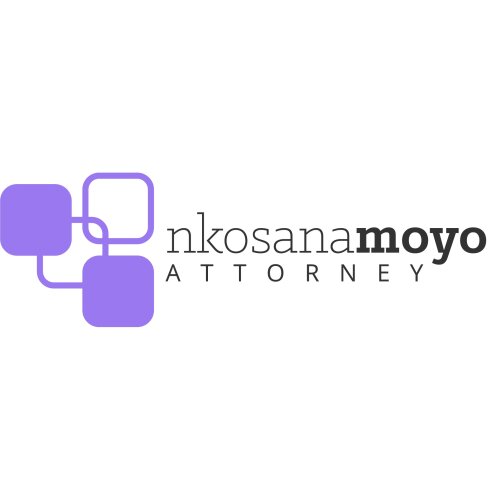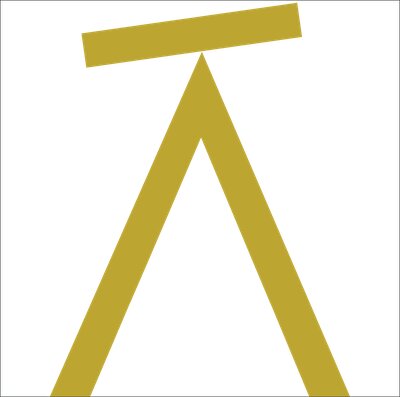Best Media and Entertainment Lawyers in South Africa
Share your needs with us, get contacted by law firms.
Free. Takes 2 min.
Or refine your search by selecting a city:
List of the best lawyers in South Africa
About Media and Entertainment Law in South Africa
Media and Entertainment Law in South Africa is a vibrant and dynamic field that addresses the legal complexities of the entertainment industry, encompassing film, television, music, publishing, and digital media. South Africa's landscape is unique, with a rich tapestry of cultural diversity and a rapidly growing media sector. Professionals in this industry must navigate a myriad of legal issues, including intellectual property rights, contracts, defamation, privacy, and regulatory compliance. The evolution of technology and digital media further complicates these matters, making legal expertise crucial for safeguarding creative endeavors and business interests.
Why You May Need a Lawyer
Legal assistance in Media and Entertainment is often required for several reasons. Firstly, intellectual property issues are common as creators strive to protect their works. Contractual disputes can arise between artists, producers, and distributors, necessitating legal intervention. Defamation concerns, particularly in journalism and broadcasting, can also lead individuals and organizations to seek legal advice. Moreover, compliance with regulatory requirements, such as licensing for broadcasters, is another area where legal guidance is essential. Thus, having an experienced legal professional can help preempt conflicts and ensure adherence to the law.
Local Laws Overview
South Africa has a robust legal framework governing media and entertainment. Key legislation includes the Copyright Act, which safeguards intellectual property rights, and the Electronic Communications and Transactions Act, which regulates issues pertaining to digital media. The Broadcasting Act sets forth regulations for television and radio broadcasters, while the Films and Publications Act addresses content classification and censorship. Additionally, the Protection of Personal Information Act (POPIA) has important implications for media companies handling personal data. These laws aim to protect creators, consumers, and ensure fair competition within the media and entertainment sector.
Frequently Asked Questions
What is considered intellectual property in South Africa?
Intellectual property refers to creations of the mind, including copyrights, trademarks, patents, and designs. In South Africa, these are protected by various laws to ensure creators can control and profit from their work.
How does one register a copyright in South Africa?
In South Africa, copyright protection is automatic upon creation and does not require registration. However, keeping meticulous records and using a copyright notice is recommended to claim ownership.
What are the legal implications of defamation in the South African media?
Defamation involves the publication of false statements that harm a person's reputation. South African law allows the affected party to sue for damages if they can prove the statement was malicious or negligent.
What is the role of the Independent Communications Authority of South Africa (ICASA)?
ICASA regulates the telecommunications, broadcasting, and postal services sectors. It ensures compliance with laws, manages licenses, and promotes fair competition and access to services.
How are content ratings determined for films and publications?
The Films and Publications Board is responsible for classifying content. They assess the material to assign age-appropriate ratings and decide on necessary restrictions or bans.
What must be included in a contract for media and entertainment endeavors?
A comprehensive contract should include details about the rights and obligations of each party, payment terms, duration, termination clauses, and dispute resolution mechanisms.
Is there a regulatory body overseeing music rights and royalties?
Yes, the Southern African Music Rights Organisation (SAMRO) manages music rights and ensures artists receive royalties for public performance, reproduction, and broadcasting of their work.
What are the consequences of failing to comply with POPIA for media agencies?
Non-compliance with POPIA can result in fines and criminal charges. It stresses the importance of data protection and consent in collecting and processing personal information.
How can foreign entities produce media content in South Africa?
Foreign entities must comply with local laws, including acquiring necessary permits and working with local talent under fair contracts to ensure adherence to South African labor laws.
What measures are in place to protect consumer rights in media transactions?
The Consumer Protection Act ensures fair trade practices, providing consumers with the right to fair, honest, and non-discriminatory treatment in all media and entertainment transactions.
Additional Resources
For further assistance, consider reaching out to resources such as the Independent Communications Authority of South Africa (ICASA), Southern African Music Rights Organisation (SAMRO), and the National Film and Video Foundation (NFVF). Governmental departments like the Department of Communications and Digital Technologies can also be invaluable.
Next Steps
When seeking legal assistance in Media and Entertainment, start by identifying your specific legal needs. Look for experienced legal practitioners or law firms specializing in media and entertainment law. Consult reputable sources to verify their expertise and track record. Schedule a consultation to discuss your case and build a strategy to address your legal concerns effectively. Always seek to clarify payment structures and the scope of services being offered.
Lawzana helps you find the best lawyers and law firms in South Africa through a curated and pre-screened list of qualified legal professionals. Our platform offers rankings and detailed profiles of attorneys and law firms, allowing you to compare based on practice areas, including Media and Entertainment, experience, and client feedback.
Each profile includes a description of the firm's areas of practice, client reviews, team members and partners, year of establishment, spoken languages, office locations, contact information, social media presence, and any published articles or resources. Most firms on our platform speak English and are experienced in both local and international legal matters.
Get a quote from top-rated law firms in South Africa — quickly, securely, and without unnecessary hassle.
Disclaimer:
The information provided on this page is for general informational purposes only and does not constitute legal advice. While we strive to ensure the accuracy and relevance of the content, legal information may change over time, and interpretations of the law can vary. You should always consult with a qualified legal professional for advice specific to your situation.
We disclaim all liability for actions taken or not taken based on the content of this page. If you believe any information is incorrect or outdated, please contact us, and we will review and update it where appropriate.
Browse media and entertainment law firms by city in South Africa
Refine your search by selecting a city.
















